Mathematics is the driving force of love, justice, and progress. Mediamax and VOLO launch a joint project, MathArt. It will tell about the talents developing Mathematics in Armenia, and their work.
Mathematics is of key value in the modern world and we hope that MathArt will help attract Armenian youngsters into that particular science.
Arnak Dalalyan, Professor of Statistics Affiliations at the Center for Research in Economics and Statistics (École Nationale de la Statistique et de l'Administration Économique) (ENSAE/CREST) in Paris, has always been curious about everything new and curiosity has eventually paved his way to mathematics.
“Math was a means to satisfy my curiosity and it became my career choice when I realized that I was good at it,” he says.
“Fever”
In school, I was very good at math and when I was 13 years old, I took part in a city math Olympiad. I passed to the next level - the Republican Olympiad, and won the third prize. It inspired me profoundly and motivated me to continue pursuing math on a more serious level. The good thing about math is that the more you engage in it the more it absorbs you.
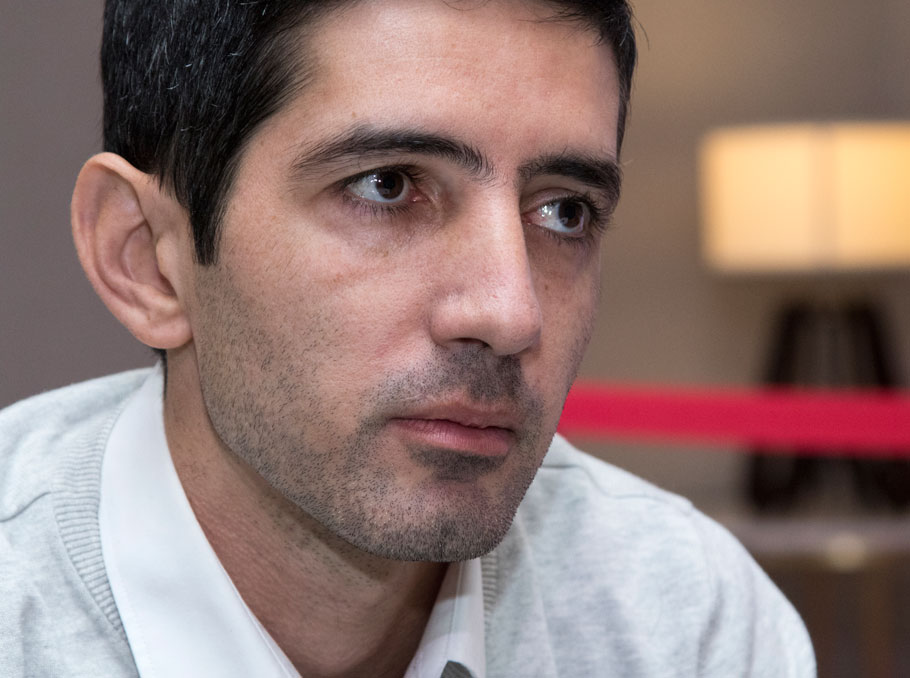 Arnak Dalalyan
Arnak DalalyanPhoto: Mediamax
In 10th grade, I was already spending 10 hours a day solving math problems, discussing various solutions with my friends. It was like a “fever”. At the age of 15, I took part in an international math Olympiad. The results were quite encouraging and after that, I had no more doubts as to what I wanted to do. Math was it for me!
I was admitted to the Faculty of Mathematics of the Yerevan State University but later I realized that I wanted to continue my education abroad. I moved to France when I was a senior and got my Master’s degree at the Pierre and Marie Curie University in Paris, and my PhD - at the University of Le Mans (Le Mans Université).
Mathematician’s drive
The mathematician must always work on a math problem in his mind and be driven by the desire to solve it. When at some point you solve that given problem, the pleasure and contentment you feel encourages and motivates you to work extra hard. This is how I live. People who know me say I always reach the set goals. It’s because I set realistic goals.
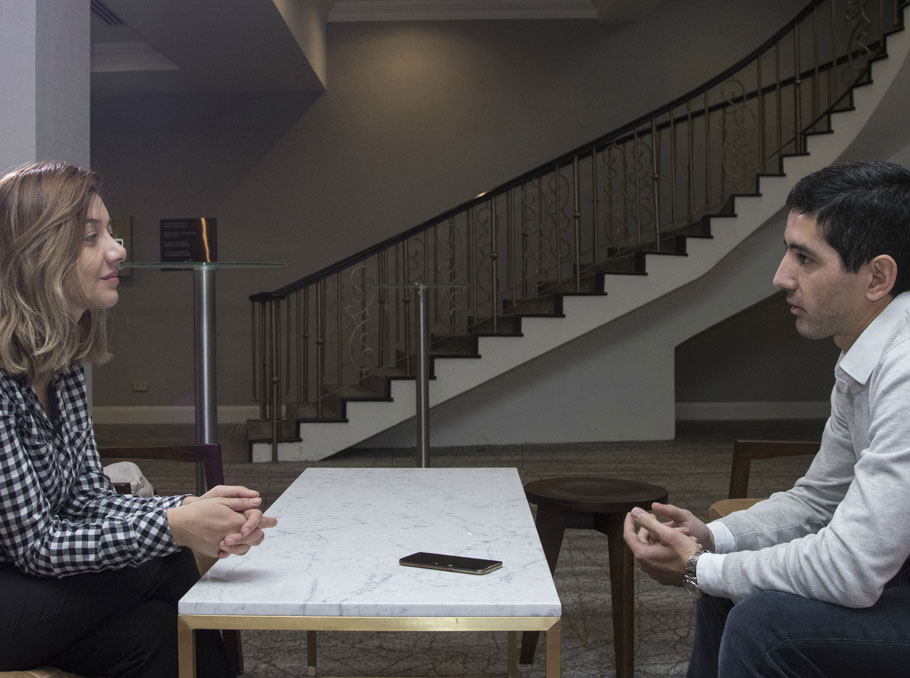 Marie Taryan talks to Arnak Dalalyan
Marie Taryan talks to Arnak Dalalyan Photo: Mediamax
Mathematicians are often characterized as very logical, disciplined people with rigorous judgement or vice versa - as untidy and forgetful. I am neither disciplined nor untidy. When I began studying math, I tried to break that stereotype and convince people that this mentality was inappropriate. There are different types of people among mathematicians, just like in other professions.
The unexpected number
Mathematics is a science based on strong objective judgements, which everyone accepts as a basis. If everyone accepts it as a basis, all the subsequent judgements and results are also accepted. For me, any arbitrary mental structure that fits within this framework can be called mathematics.
My favorite math formula is- 1/1² +1/2² + 1/3² + 1/4² + 1/5² + ... = π²/6. It turns out that although we add up an endless number of members, the sum is finite. I think it’s a beautiful formula. Life is finite, but there are so many different things and events happening in life that we can probably say it’s infinite. It’s also interesting that as a result we have a very unexpected number.
How to teach math
Very often, mathematics is described as a science of numbers and calculations. It is not wrong but neither is it right. I think math should, first of all, be taught as a science of judgements, structures and logic. Through very simple games children’s mathematical logic and mentality can be developed.
Everyone finally learns the multiplication table, but there are people who cannot form cause-and-effect relationships or make solid judgements. I think teachers should keep this in mind especially while teaching math to elementary school children.
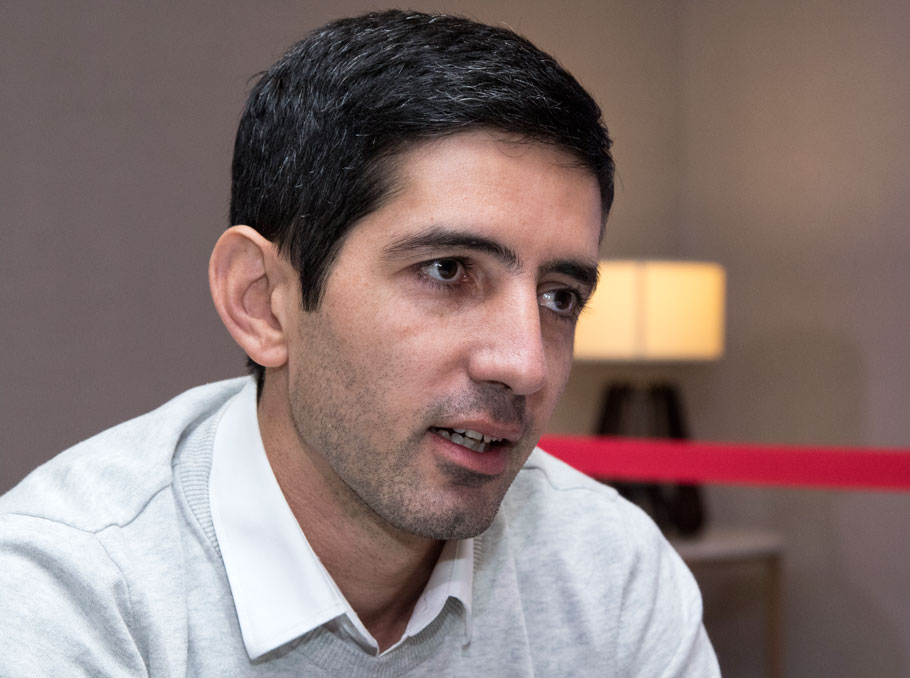 Arnak Dalalyan
Arnak DalalyanPhoto: Mediamax
In my opinion, school math textbooks are very attractive and compact. Everything depends on the teacher. The most important thing for the teacher to do is not just try to fulfil a program, but to teach math choosing certain speed and rhythm for each individual student based on his abilities. This way a solid mathematical ground is built. Students should understand that they are building something like a pyramid stone by stone, and feeling that pleasure they will strive and continue to learn. Teachers should not tell their students that mathematics is a difficult subject, something hard to learn. It is very important.
A model to develop mathematics
Some secondary schools in Armenia teach mathematics (and other disciplines) in line with high European standards. Teenagers aged 17, 18 are fully competitive on the global market. However, the competitiveness gradually dissipates in the university. The programs are good, the professors are competent but the environment significantly differs from western institutions. Students begin to work during their junior or senior years paying less attention to education thus losing focus. Meanwhile, in Armenian schools students, especially good learners, have a much busier routine than in France. Their interests decrease parallel to their school load, and there are always a lot of fun things to do of course. So, in this respect, there is a huge potential in Armenia.
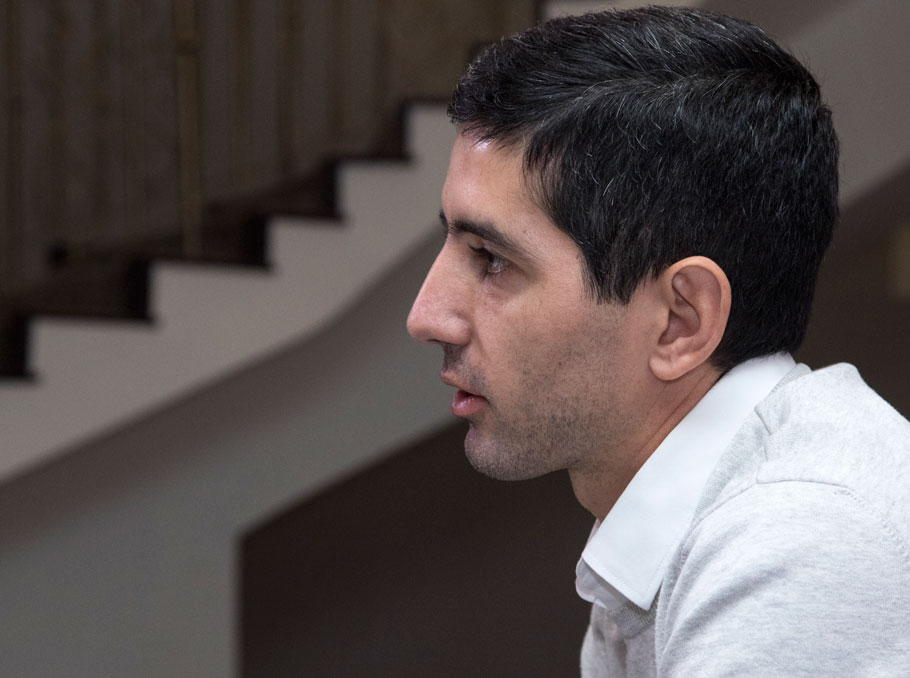 Arnak Dalalyan
Arnak DalalyanPhoto: Mediamax
I have been thinking a lot about improving the university education. However, I don’t have answers. Mathematicians either know the answer or not. It’s hard to give approximate answers. Some people say we should start making changes step by step, create small “islands” of scientists, and this environment will facilitate the development of science, students will be more motivated and the whole mechanism will work. Maybe it’s right, I don’t know. I think the model will work only when the government increases financial assistance and starts paying more attention to science, and I mean all the branches equally. It’s wrong to single out or target math, physics or for example computer science. All the branches are equally important, and require the government’s long-term involvement.
Bright minds are leaving the country. This problem exists even in France. In Armenia, schools do a wonderful job preparing excellent students and the problem is that the universities should take the baton from them and pass it on to their graduate schools. In this respect, the experience of Armenian specialists working abroad might be very useful.
Bringing bright minds back home
I have always been fixated on the idea of investing my knowledge in Armenia. At some point in your life you have to make a choice. You come to realize that by returning to your home country your professional career will suffer to some extent or slow down. Working in international leading institutions, you certainly have more opportunities for professional growth, so eventually it feels like the best option is to stay there and reach out to your country at the same time. In our sphere teaching is one of the ways to help. I am visiting Armenia twice a year and deliver lectures. Many Armenian mathematicians studying abroad are willing to invest their knowledge in Armenia someway and many of them succeed.
I often view this issue on Henrikh Mkhitaryan’s example and make comparisons. Nobody ever thinks to invite him to play in the national championship. If a person from Armenia studies abroad and now works at a foreign university and keeps developing professionally, he might be more helpful for his country both working abroad and keeping in touch with Armenia.
I have other friends working in France. We always keep in touch and try to come up with programs that will engage Armenian scientists.
Through mathematician’s eyes
Life is a chain of successive decisions. Every time you make a decision, just like in chess, you calculate the next two or three steps, although you don’t know where you will finally land. You are constantly trying to make solid decisions knowing beforehand that your final destination is unknown, and this makes life interesting.
Death… I love people who are brave enough to say that they are not afraid to die. I don’t know why but I am sure that everybody is afraid of death. Sometimes at night I would lie awake thinking about death and goosebumps would run all over my body. I don’t know what it is, and the unknown makes me anxious.
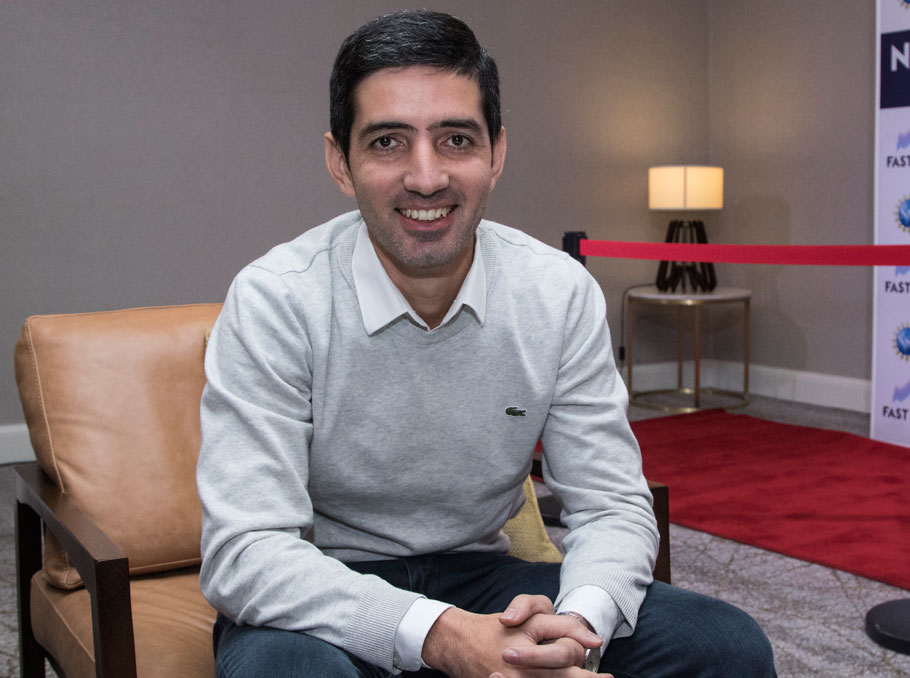
Photo: Mediamax
Love always exists and is everywhere. All the decisions are based on love. Nothing can ever happen without love.
Friends exist without thinking. (laughing: -author)
Future is a very good thing. I am a man of future. I have never dwelled on the past. For me, the past is important only in the context of future. When I was younger, I once heard somebody saying that you should live in the present because you never know what future has in store for you. My father said it was wrong and it stuck with me. I am always analyzing my actions and catch myself on thinking about future.
Marie Taryan
Photos by Emin Aristakesyan
VOLO is the general partner of the project

















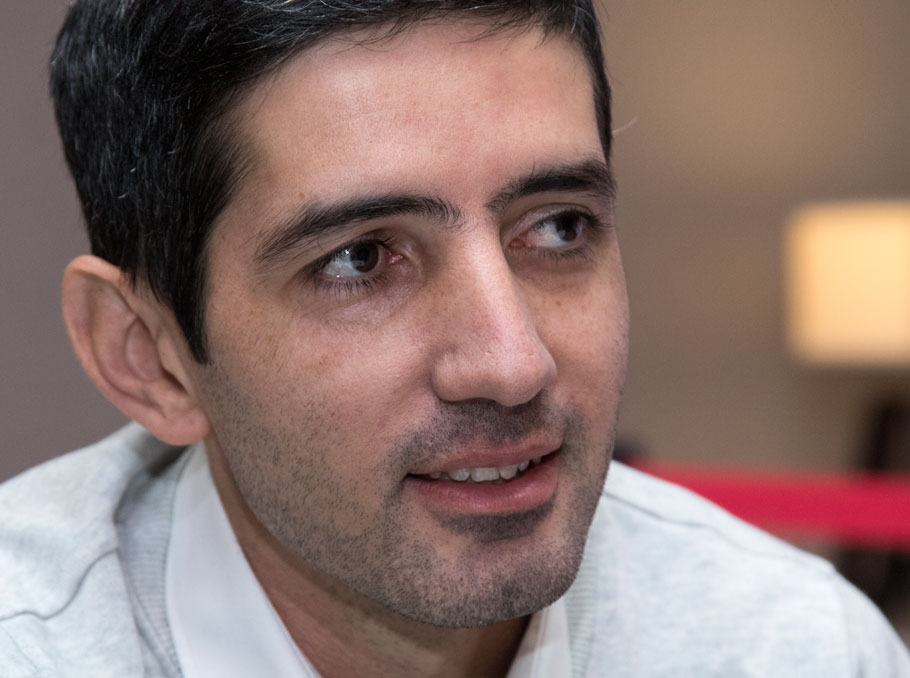





Comments
Dear visitors, You can place your opinion on the material using your Facebook account. Please, be polite and follow our simple rules: you are not allowed to make off - topic comments, place advertisements, use abusive and filthy language. The editorial staff reserves the right to moderate and delete comments in case of breach of the rules.